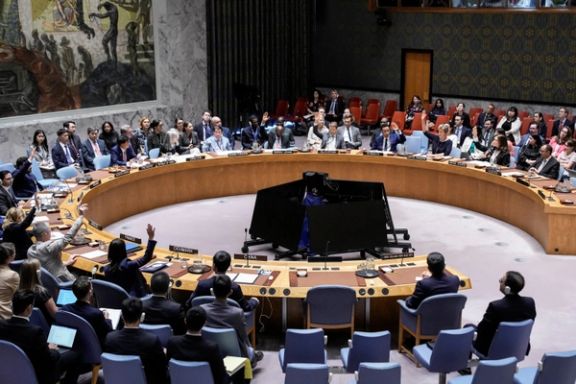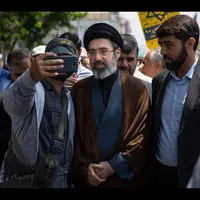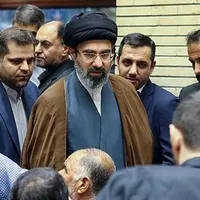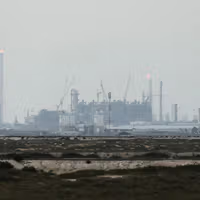According to the Statistical Center of Iran, GDP shrank by 0.1% in the spring, ending 17 straight quarters of expansion. Industrial and mining output, which grew 5.9% last spring, fell to -0.3% this year, while agriculture plunged from +2.3% to -2.7%.
Severe water and electricity shortages disrupted production across both sectors, hitting farms and factories alike.
With the so-called snapback of international sanctions due on September 2, Iran faces a narrowing path to growth—and a worrying prospect of rising unemployment and public discontent.
Mounting debt
A separate Central Bank report shows government debt to the bank surged 63% year-on-year as of June, reflecting the administration’s failure to meet revenue targets.
Officials say only 60% of projected revenues were generated in the first five months of the year, worse than in previous years and well short of the levels needed to stabilize public finances.
Since 2018, when President Donald Trump withdrew the United States from a 2015 nuclear deal and reimposed sanctions, about a third of Iran’s annual budget has gone unrealized.
The IMF now estimates public debt at 37% of GDP and climbing. This trend is likely to accelerate if sanctions further limit oil revenues.
Record capital flight
The Central Bank also reported a net capital account of -$21.7 billion for the last fiscal year—the highest on record and 2.5 times greater than in 2020.
Capital flight has been accelerating since 2020, as businesses and households move assets abroad to escape currency depreciation and political uncertainty.
The scale of outflows highlights both a collapse in investor confidence and the inability of the banking system to hold foreign exchange inside the country.
Oil gains vanished
Iran earned $66 billion from oil, petroleum products and natural gas exports last year, a 17% increase. Including non-oil goods, total exports reached $115 billion, $27 billion more than imports.
On paper, that left the goods trade in surplus.
But the services sector recorded a record $12 billion deficit, dragging the overall trade balance for goods and services down to just $13 billion.
Combined with the $21.7 billion in capital flight, much of the hard currency generated by oil exports is effectively leaving the country.
The result is sustained pressure on Iran’s already fragile foreign reserves and further instability in the rial, which hit a record low of 1.08 million to the dollar on Thursday.
The bottom line is that Tehran’s extremely hard-gained oil cash is being wiped out by falling output, runaway debt and unprecedented capital flight—leaving the country perilously exposed just as fresh sanctions loom.







